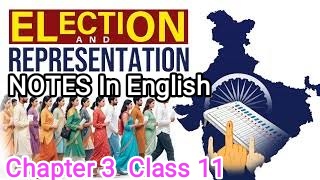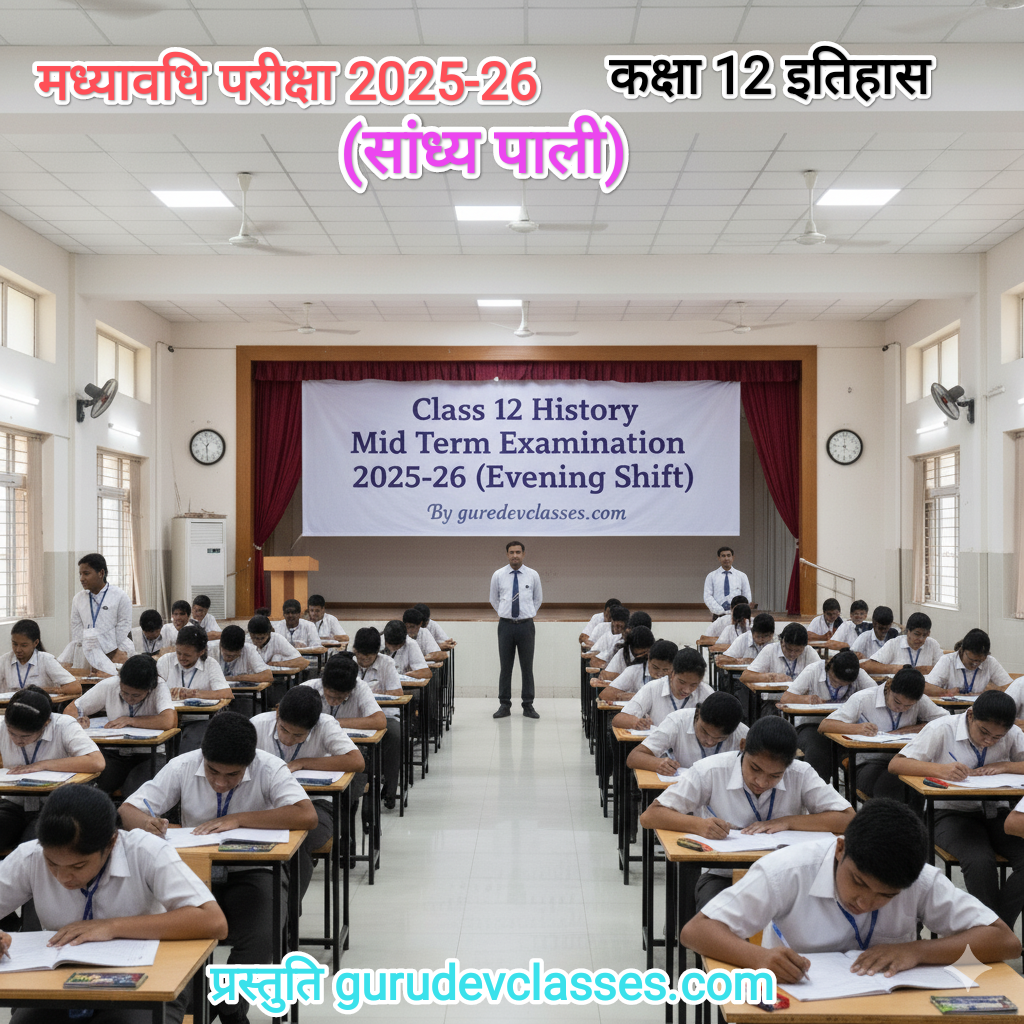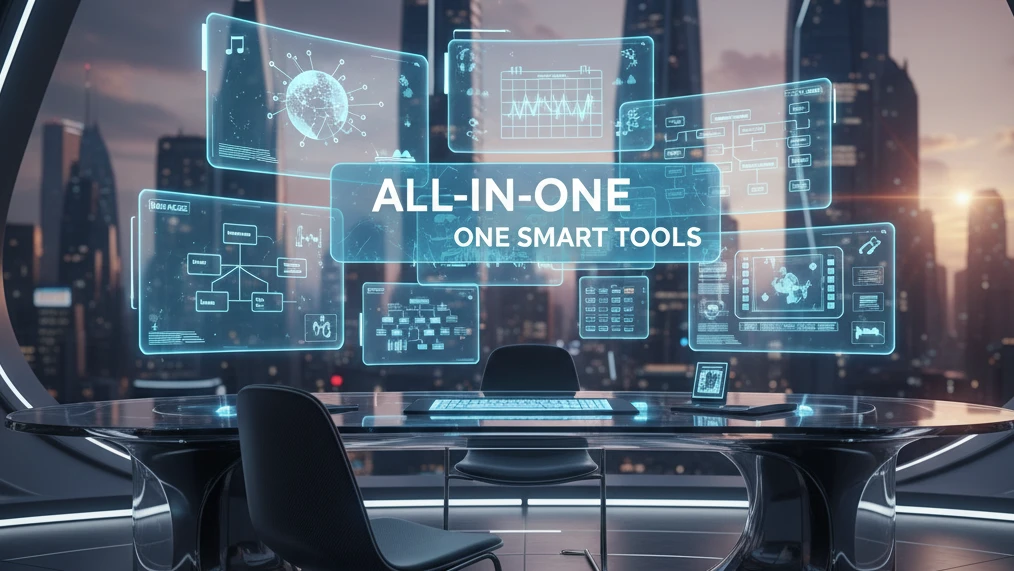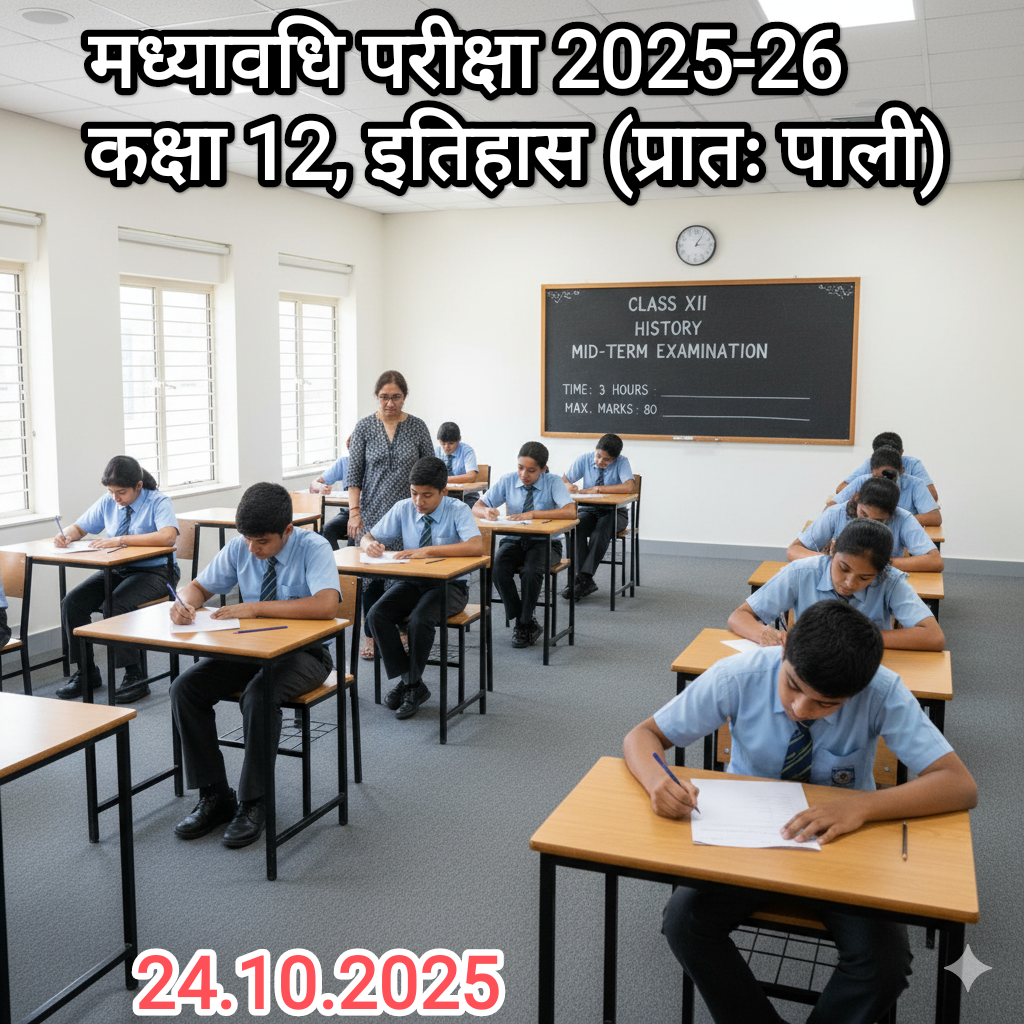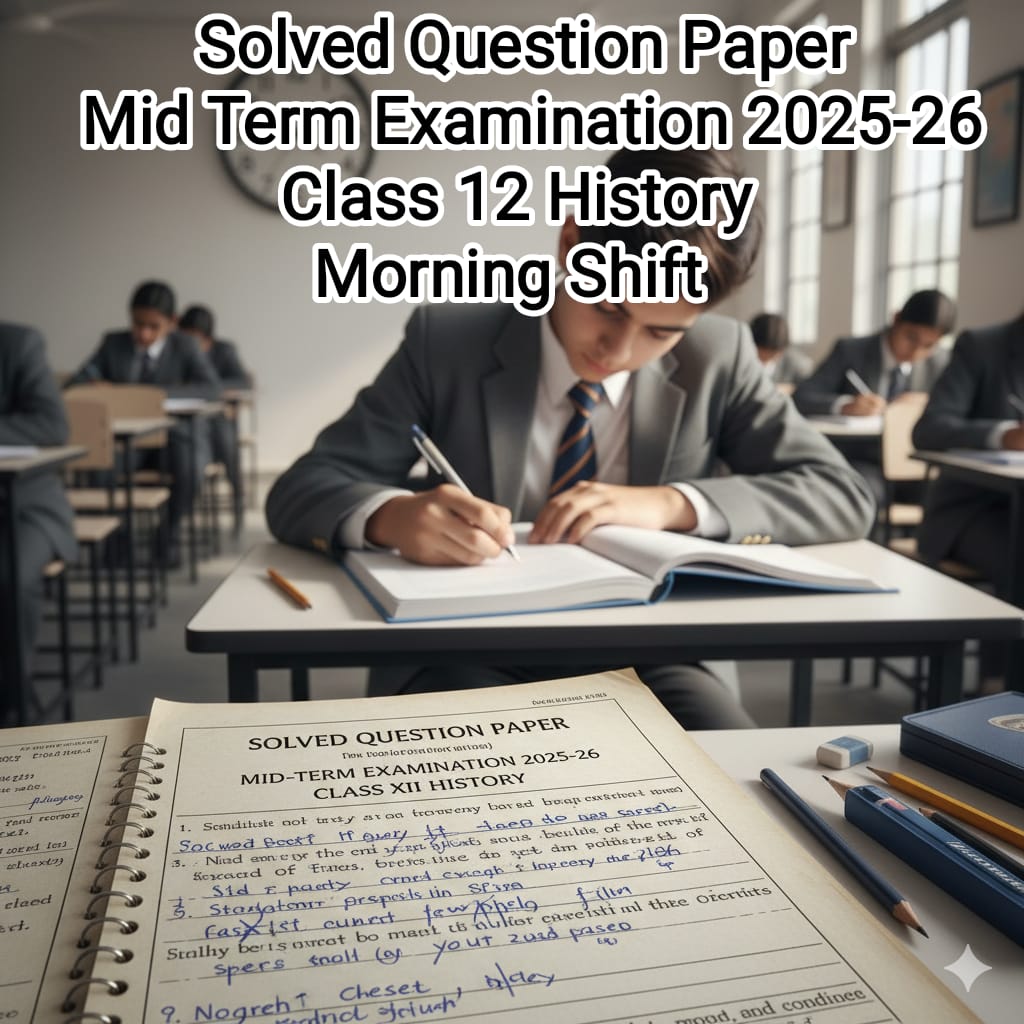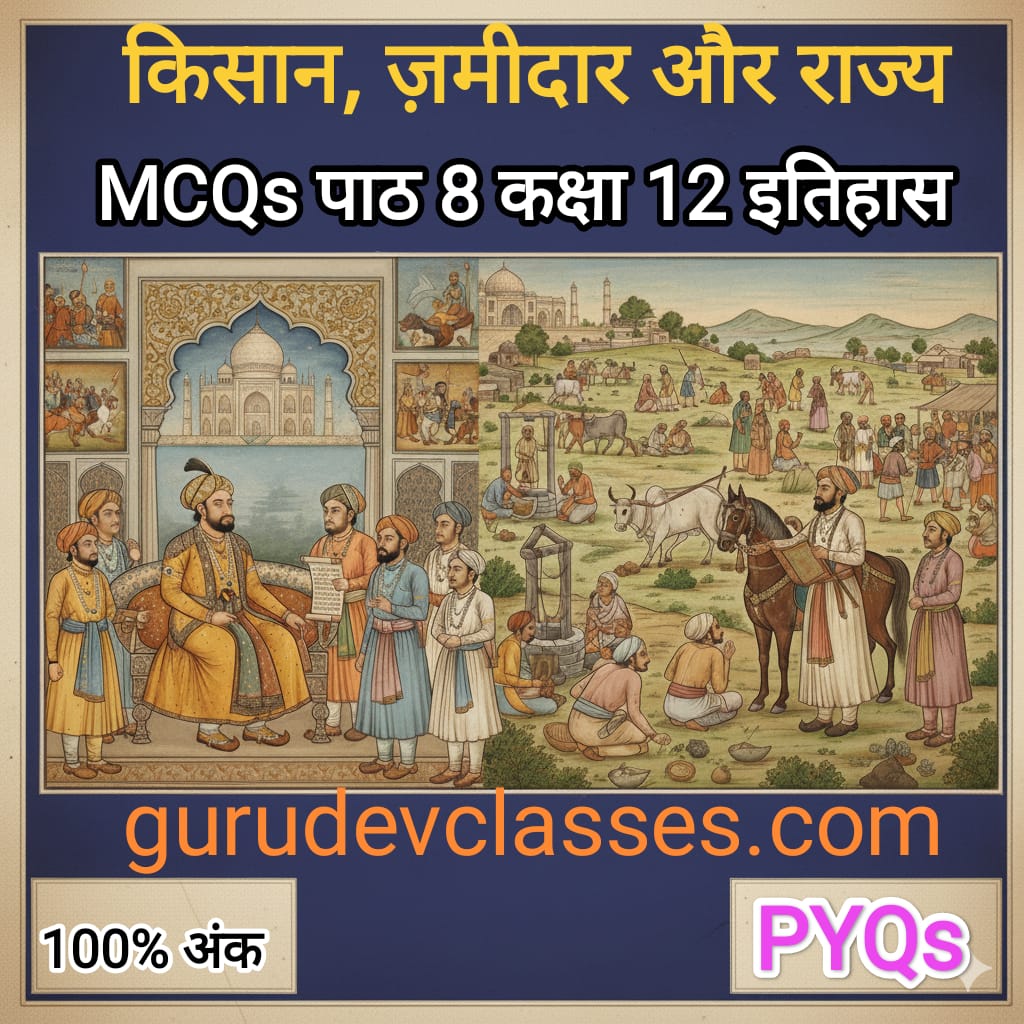Elections and Representation (Detailed Notes)
🌟 Introduction
- Democracy cannot work without elections.
- Elections give people the right to choose their representatives and hold them accountable.
- In India, elections are conducted by an independent authority to ensure free and fair practices.
- Representation means that citizens’ voices are heard in decision-making through elected representatives.
🗳️ Meaning of Elections
- An election is a formal process by which people select their leaders.
- It allows citizens to express their choice and consent.
- Elections ensure the legitimacy of government and provide peaceful change of power.
📍 Why Do We Need Elections?
- Democratic Legitimacy – The authority of rulers comes from people’s consent.
- Accountability – Leaders remain responsible to voters.
- Peaceful Change – Elections prevent revolutions or violent transfer of power.
- Representation – Ensures all sections of society participate in governance.
- Choice – People can choose among competing parties, candidates, and ideologies.
👥 Types of Representation
Representation is the heart of modern democracy. There are different models:
- Trustee Model – Representative uses their own wisdom for the benefit of people.
- Delegate Model – Representative acts as a spokesperson, carrying out voters’ instructions.
- Party Representation – Voters choose between political parties; policies of parties matter more than individuals.
- Mirror (Descriptive) Representation – Assembly should reflect society’s diversity (caste, gender, religion, region).
📌 Methods of Election
There are two main systems:
1. First-Past-the-Post System (FPTP)
- Used in India, UK, USA, Canada.
- Country is divided into single-member constituencies.
- Candidate with highest votes wins, even if not majority.
Merits:
- Simple and easy to understand.
- Leads to stable governments.
- Provides clear choice between candidates.
- Strong link between voter and representative.
Demerits:
- Winner may not have majority support.
- Smaller parties get fewer seats.
- Promotes dominance of big parties.
2. Proportional Representation (PR System)
- Used in Israel, Netherlands, South Africa.
- Seats are allocated in proportion to votes received.
- May use party list or single transferable vote (STV).
Merits:
- Fair to small parties and minorities.
- Votes are not wasted.
- Reflects diverse opinions in legislature.
Demerits:
- Complex system for voters.
- Leads to coalition governments and instability.
- Weak link between voter and representative.
🏛️ Indian Electoral System
- India mainly follows FPTP system for Lok Sabha and State Assemblies.
- Rajya Sabha uses Single Transferable Vote (STV).
- President of India is elected through Proportional Representation (PR) with STV.
⚖️ Universal Adult Franchise
- Adopted since 1950.
- Every citizen of India aged 18 years or above has the right to vote, irrespective of caste, religion, gender, or wealth.
- Ensures political equality in a diverse society like India.
🏢 Election Commission of India (ECI)
- Established under Article 324 of Indian Constitution.
- Independent body to conduct free and fair elections.
Composition:
- Chief Election Commissioner (CEC).
- Other Election Commissioners (appointed by President).
Powers and Functions:
- Prepares and updates electoral rolls.
- Conducts elections for Lok Sabha, Rajya Sabha, State Assemblies, President, Vice-President.
- Allot symbols to political parties.
- Enforces Model Code of Conduct.
- Monitors election expenditure.
- Orders re-polls if malpractices are detected.
📊 Challenges to Free and Fair Elections
- Use of Money Power – Buying votes, excessive spending.
- Use of Muscle Power – Violence, booth capturing.
- Misuse of Government Machinery – By ruling parties.
- Criminalization of Politics – Criminals entering legislature.
- Caste and Communal Politics – Votes mobilized on religion/caste.
- Low Voter Turnout – Weakens democracy.
- Fake Voting and Malpractices – Despite EVMs and VVPATs.
✅ Reforms in Electoral System
- Lowering voting age from 21 to 18 years (61st Amendment, 1989).
- Use of Electronic Voting Machines (EVMs) and VVPAT.
- Ceiling on election expenditure.
- Disqualification of criminals under Representation of People’s Act.
- Right to Information – Candidates must declare assets, criminal records, and education.
- NOTA (None of the Above) option (2013).
- Reservation of seats for SCs, STs, women in local bodies.
🌍 Significance of Elections in Democracy
- Elections are the life-blood of democracy.
- They ensure citizens’ participation in governance.
- Provide a mechanism for peaceful change of leadership.
- Strengthen political equality and accountability.
📝 Conclusion
- Elections in India are a massive democratic exercise, largest in the world.
- Despite challenges, India has maintained a tradition of free and fair elections.
- Continuous reforms are necessary to strengthen democracy.look
